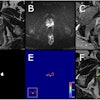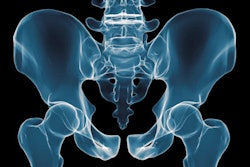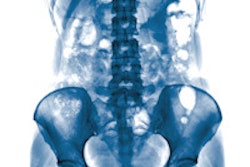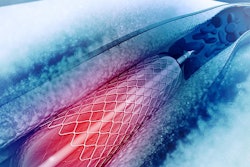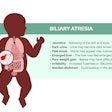Medical staff at a leading Irish hospital continue to struggle with too many inappropriately requested and performed radiographs, despite guidelines to reduce the wasteful practice, according to a study published online on 14 March in the Irish Journal of Medical Science.
Researchers found that the number of unnecessary radiographs rose slightly at the Mater Misericordiae University Hospital in Dublin after the introduction of iRefer from the U.K.'s Royal College of Radiologists. The criteria are designed to guide referring physicians to the most appropriate imaging modality for their patients, without exposing them to needless radiation and additional costs for both them and their healthcare providers.
The retrospective study looked at 1,124 radiographs in the hospital's emergency department and among inpatients, along with general practitioner referrals. Lead author Dr. James Ryan and colleagues also calculated cost and cumulative dose estimates based on salaries, average time spent performing and reporting the radiographs, and the median effective dose values.
The number of inappropriate radiograph referrals increased to 43% after the release of iRefer, compared with 42% before the referral guidelines inception, they found. The researchers also identified 784 inappropriate referrals across six radiograph subtypes, which led to a total median effective radiation dose of 65.1 mSv to patients. In addition, the time spent performing inappropriate abdominal and spinal radiographs in 2017 cost an estimated 8,036 euros.
